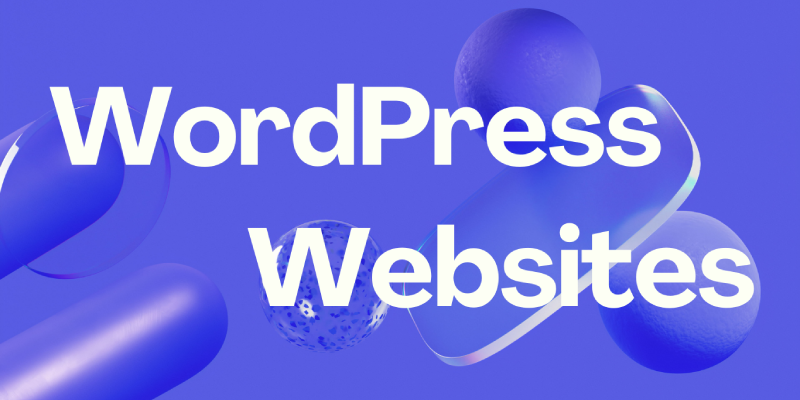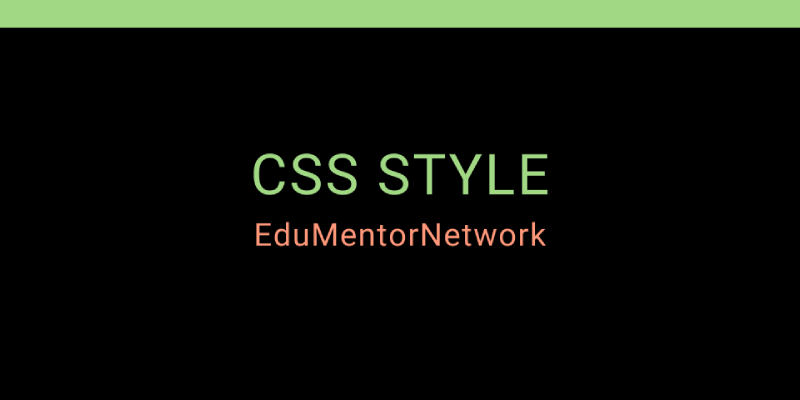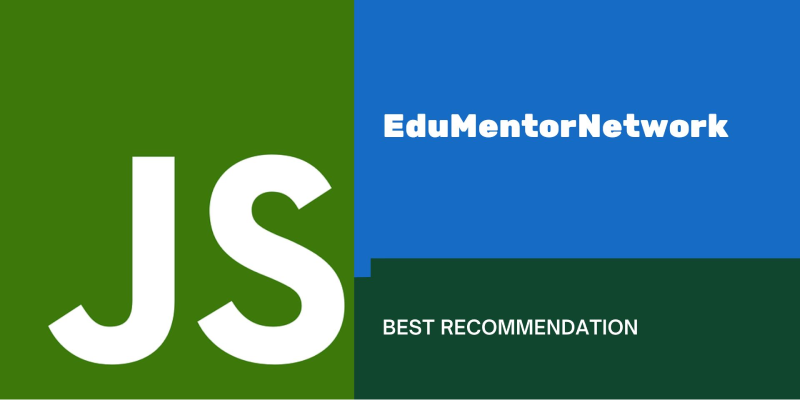Table of Contents
Introduction
Brief Overview
WordPress is a powerful and versatile content management system (CMS) that has revolutionized the way websites are created and managed. Werke store, create a portfolio, or build a corporate website, It offers the tools and features to help you achieve your goals. With thousands of themes and plugins available, users can tailor their sites to meet their specific needs and preferences without needing to write a single line of code.
Purpose of the Post
This blog post aims to introduce beginners to the basics of WordPress, providing a comprehensive guide to getting started with this powerful platform.
What is WordPress?
Definition
WordPress is a content management system (CMS) that allows users to create, manage, and modify content on a website without the need for specialized technical knowledge. It provides a user-friendly interface, a vast library of themes and plugins, and a flexible framework for building anything from simple blogs to complex websites. It can be used for various purposes, including personal blogs, business websites, online stores, portfolios, and more.
History
It was first released on May 27, 2003, by its founders, Matt Mullenweg and Mike Little. It originated as a fork of an existing project called b2/cafelog, aiming to create a more robust and user-friendly platform for blogging. Over the years, it has undergone significant development, continuously evolving to meet the needs of its growing user base. Major updates and releases have introduced new features, improved security, and enhanced performance, making WordPress the leading choice for website creation globally.
Today, is maintained by a large community of developers and contributors who work together to ensure the platform remains cutting-edge, secure, and user-friendly. Its widespread adoption and continuous innovation have cemented its place as the most popular CMS in the world, powering millions of websites across various industries.
Open Source
One of the key characteristics of WordPress is that it is open-source software. This means that its source code is freely available for anyone to view, use, modify, and distribute. Being open source has several important implications:
Transparency and Security: With the source code available for public scrutiny, vulnerabilities and issues can be identified and addressed quickly. The community-driven approach to security ensures that WordPress remains a secure platform for building websites.
Community Collaboration: A vast and active community of developers, designers, and users contribute to the ongoing development and improvement of WordPress. This collaborative environment fosters innovation and ensures that the platform continues to evolve to meet users’ needs.
Cost-Effective: Since it is free to use, it significantly reduces the cost of website development. Users can download, install, and customize WordPress without incurring licensing fees, making it an accessible option for individuals and businesses of all sizes.
Flexibility and Customization: The open-source nature of WordPress allows developers to create custom themes, plugins, and extensions tailored to specific requirements. Users can modify the core code or add new features, providing unparalleled flexibility in website design and functionality.
Why Choose WordPress?
Choosing the right platform for your website is crucial, and WordPress stands out as a top choice for several compelling reasons. Here’s why it is the preferred platform for millions of websites worldwide:
User-Friendly
Ease of Use: WordPress is designed with user experience in mind, making it accessible to beginners without technical expertise. The intuitive dashboard allows you to easily create and manage content, add media, and customize your site.
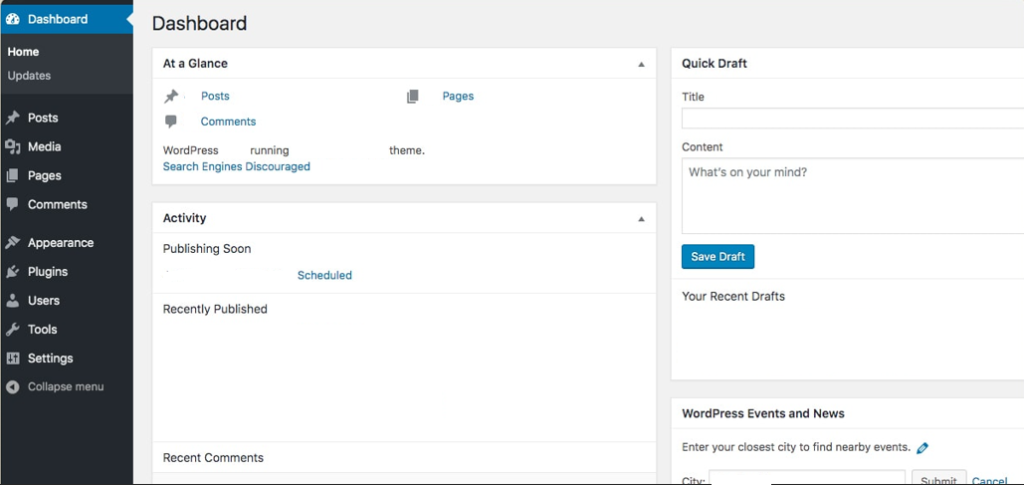
Flexibility
Customization Options: With thousands of free and premium themes, you can change the appearance of your site to match your brand or personal style. Themes cater to various industries, from blogs to e-commerce stores.
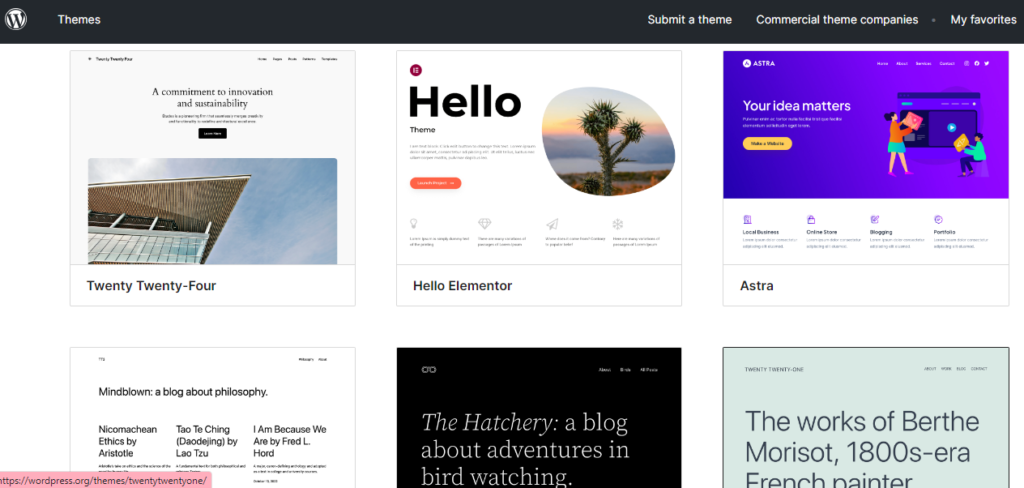
Plugins: Extend the functionality of your site with plugins. Whether you need SEO tools, contact forms, or social media integration, there’s a plugin for almost any feature you can think of. This flexibility allows you to build anything from a simple blog to a complex e-commerce site.
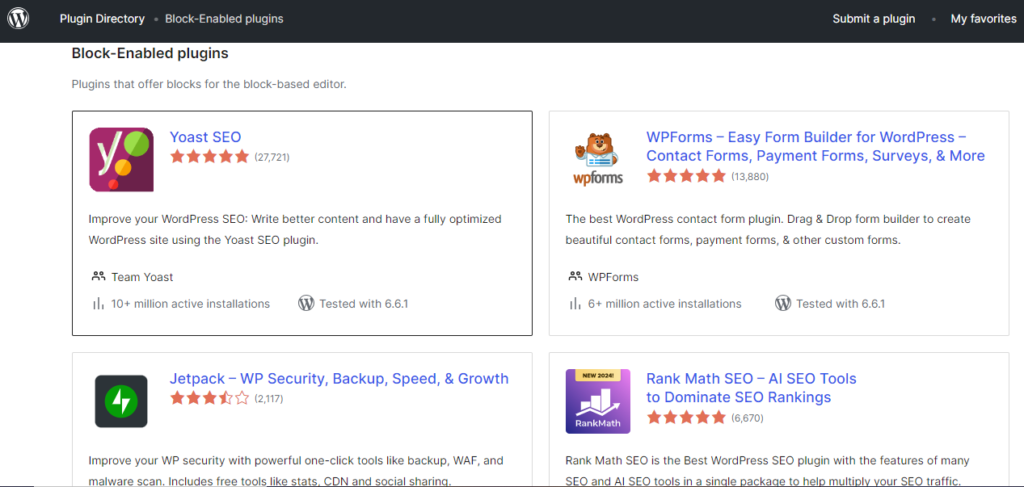
Community Support
Extensive Support Network: WordPress has a large and active community of developers, designers, and users. This means you can find plenty of tutorials, forums, and documentation to help you solve problems and learn more about using WordPress.
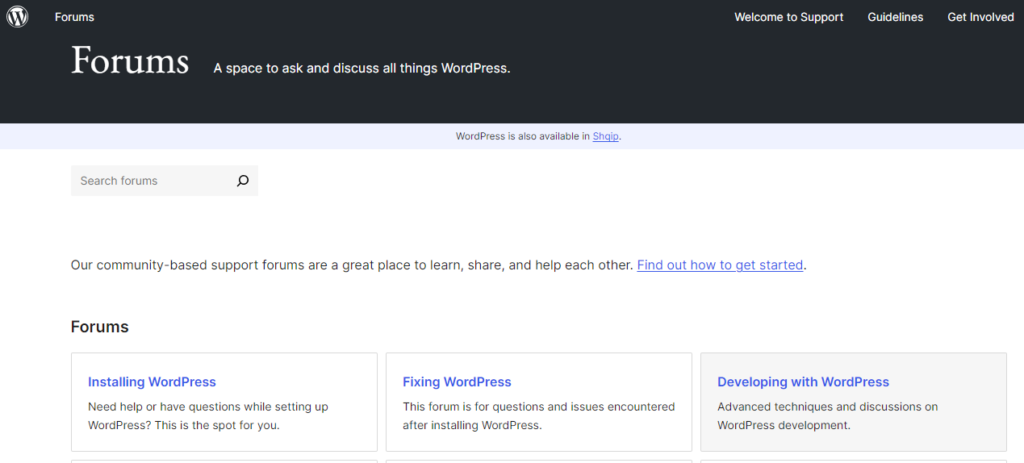
SEO-Friendly
Built-in SEO Features: WordPress is designed to be SEO-friendly right out of the box. Features like customizable permalinks, easy metadata management, and mobile responsiveness help improve your site’s visibility on search engines.
SEO Plugins: Enhance your SEO efforts with plugins like Yoast SEO and All in One SEO Pack, which provide advanced tools and recommendations to optimize your content.
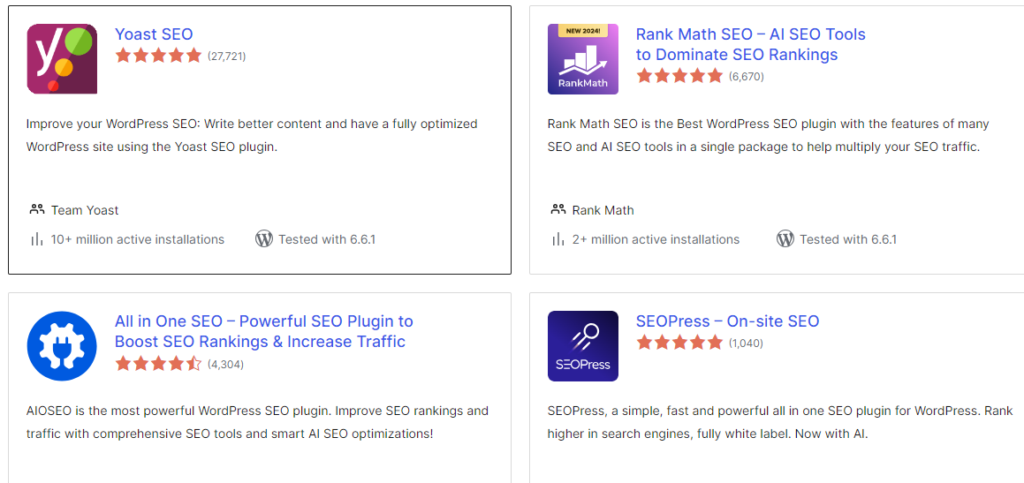
Scalability
Grow with Your Site: Whether you’re starting a small personal blog or planning to expand into a full-fledged business site, WordPress scales with your needs. You can start small and add more features as your site grows.
Cost-Effective
Free and Open Source: WordPress itself is free to use, which significantly reduces the cost of website development. While you might spend on premium themes or plugins, the overall cost is still lower compared to other platforms.
Security
Regular Updates: WordPress frequently releases updates to improve security and functionality. Keeping your WordPress version, themes, and plugins up to date is straightforward and crucial for maintaining site security.
Security Plugins: Enhance your site’s security with plugins like Wordfence and Sucuri, which offer features like firewall protection, malware scanning, and login security.
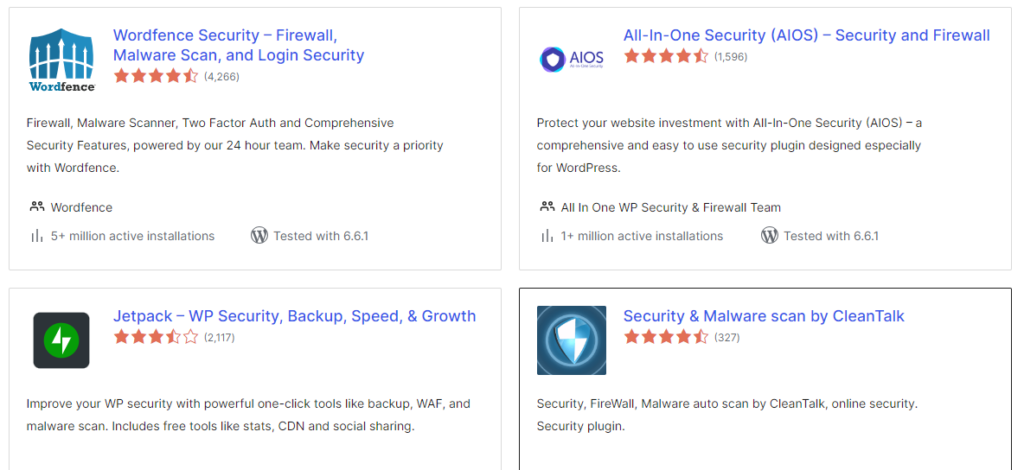
In conclusion, WordPress offers an unbeatable combination of ease of use, flexibility, support, SEO-friendliness, scalability, cost-effectiveness, and security. These features make it the ideal choice for anyone looking to create and manage a website, whether for personal use or business.
Conclusion
WordPress is an incredibly powerful and versatile platform that makes website creation accessible to everyone, from complete beginners to seasoned developers. Its user-friendly interface, extensive customization options, and robust community support make it an ideal choice for anyone looking to build a website, whether for personal use, blogging, business, or e-commerce.https://www.udemy.com/
